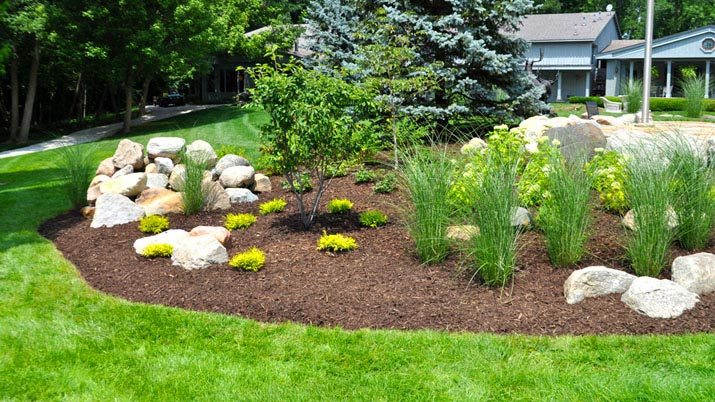

Expert advice, tips, and guides for your construction and landscaping projects

Learn how to select the perfect gravel type for drainage, pathways, driveways, and decorative applications...
Read More →
Step-by-step instructions for planning, designing, and constructing durable retaining walls that stand the test of time...
Read More →
Understand how different concrete mix ratios affect strength, durability, and workability for various applications...
Read More →
Avoid costly mistakes with our expert tips for calculating pavers, base materials, and sand for perfect patio installations...
Read More →
Learn the differences between these common landscaping materials and how to use them effectively in your garden...
Read More →
Build your landscaping toolkit with these must-have items that make outdoor projects easier and more professional...
Read More →Choose from our suite of calculators based on your project needs. We offer specialized tools for aggregate materials, concrete mixes, pavers, and retaining walls.
Input the measurements of your project area. For most calculators, you'll need length, width, and depth/height measurements. Use the unit selectors if you need to switch between feet/inches and meters/centimeters.
Choose the specific material type you'll be using. Different materials have different densities and characteristics that affect the calculations. Our calculators include presets for common materials.
Many calculators include advanced options like wastage factors, mix ratios, or special additives. These let you fine-tune the calculations for your specific project requirements.
The calculator will display detailed results including material quantities, weights, and cost estimates. You can print these results or save them for reference during your project.
Our calculators provide professional-grade accuracy when used with correct measurements. They account for standard material densities, compaction factors, and typical wastage. However, actual requirements may vary slightly based on specific site conditions, material batches, and application techniques. We recommend adding a 5-10% safety margin to your final order.
Yes, many professional contractors use our calculators for initial estimates and project planning. However, for large commercial projects or engineered structures, we recommend verifying calculations with a qualified engineer or materials specialist, especially when dealing with load-bearing applications or specialized mixes.
Cost estimates are based on average regional material prices from major suppliers across North America. These are updated quarterly but may not reflect local price variations or seasonal fluctuations. The estimates are intended for budgeting purposes only—actual prices should be confirmed with your local suppliers.
Gravel is naturally occurring, rounded stone collected from riverbeds or glacial deposits, making it ideal for drainage and decorative applications. Crushed stone is mechanically crushed angular rock, which interlocks better for structural applications like driveways and road bases. Our calculators account for their different densities and compaction characteristics.
Paver bases (typically compacted gravel) primarily need to provide drainage and prevent settling under foot traffic. Retaining wall bases must resist lateral earth pressures, requiring different gradations and compaction. Our calculators automatically adjust base material recommendations based on the structural requirements of each application.
For irregular shapes, break the area into smaller regular shapes (rectangles, triangles, circles), calculate each separately, then sum the results. Our blog has detailed guides on measuring complex areas. For highly irregular projects, consider using our maximum length/width dimensions to ensure adequate material coverage.
Currently, you can print or download your calculation results as PDFs. We're developing account features that will allow saving projects and accessing calculation history. Sign up for our newsletter to be notified when these features launch.
PSI (pounds per square inch) measures concrete's compressive strength. Higher PSI mixes (4000-5000) are for heavy loads (driveways, foundations), while lower PSI (2500-3000) suits sidewalks or decorative work. Our calculator adjusts mix ratios accordingly—stronger mixes require more cement, affecting both cost and material quantities.
Construction material prices can fluctuate monthly due to fuel costs, demand, and supply chain factors. While we update our baseline prices quarterly, we recommend checking with local suppliers for current rates when finalizing budgets, especially for large orders or projects scheduled several months out.
We regularly add new calculators based on user requests. If you need calculations for a specialized material or application, contact us with details about your requirements. Our team can often create custom solutions or recommend workarounds using our existing tools.